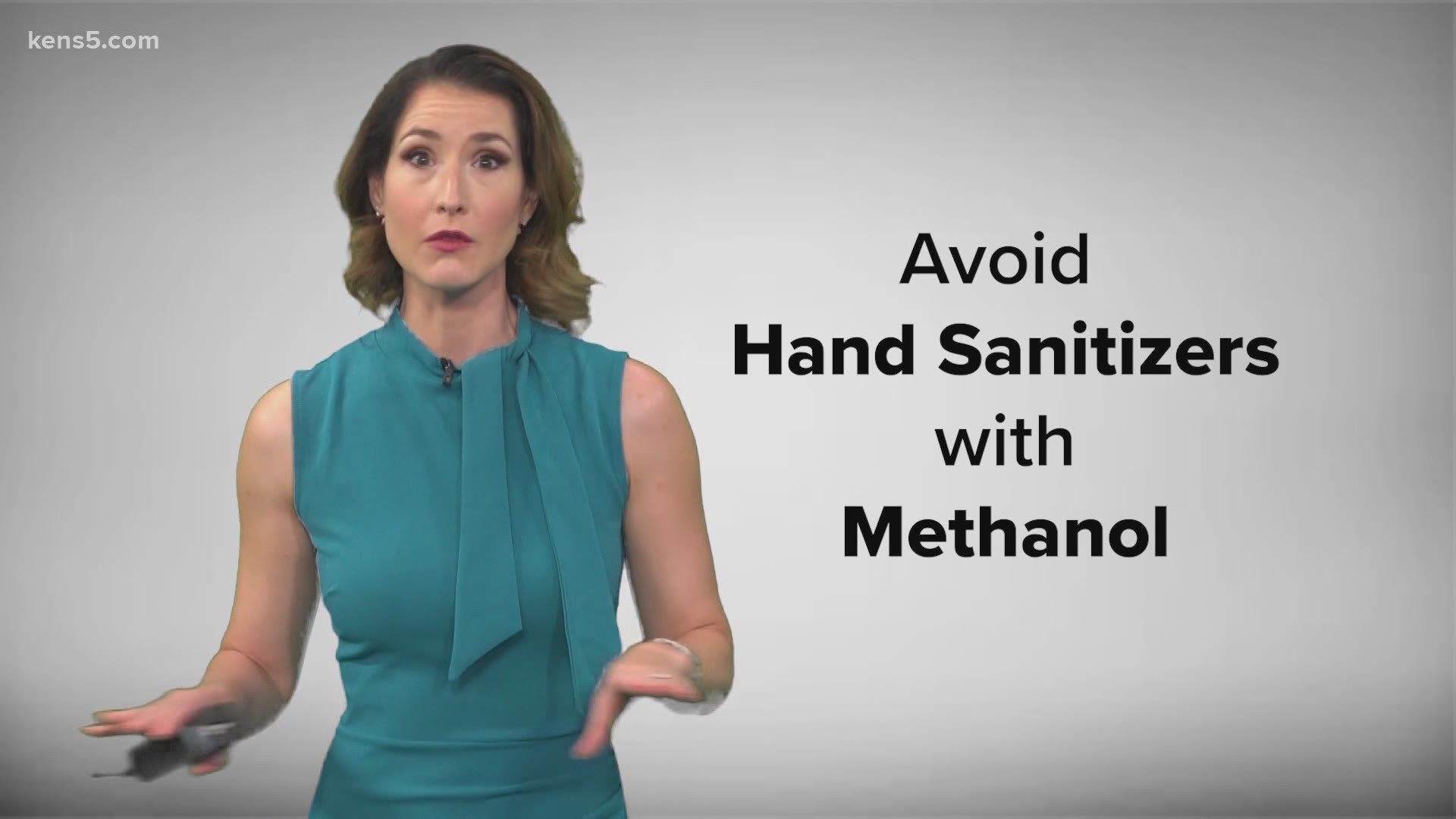Many of us are using epic amounts of hand sanitizer during this pandemic to stay safe, but be careful what type of sanitizer you use.
The Federal Drug Administration (FDA) this week released a list of more than 80 sanitizers to avoid. The reason? They include methanol, which is toxic and can even cause blindness. See the most current list of hand sanitizers to avoid here.
Check your sanitizer and make sure it uses ethyl alcohol. Seek medical treatment immediately if you think you have been exposed to hand sanitizer with methanol. Medical attention is critical to reversing the toxic effects of methanol poisoning. Symptoms include nausea, vomiting, headaches, blurred vision, seizures and coma. Young children are especially at risk.
We are also using lots of personal protective equipment (PPE) like masks and gloves. Many of us order them online because finding them locally can be difficult. You pay, but items may not arrive.
The Federal Trade Commission (FTC) says that, by law, sellers are supposed to ship your order within the time stated in their ads or within 30 days. The seller has to give you the choice between a new shipping date or opportunity to cancel the order for a full refund if it is unable to ship within the promised time period.
Before you press the purchase button, make sure to do a little research if
you are ordering from an unfamiliar company. Type in the name of the company and the words “review,” “complaint” or “scam” into a search engine to see what others said. Carefully read the seller’s product description, too. Items could be fakes if you see brand-name goods at steeply discounted prices.
Also, check out the terms of sale before you buy. Calculate the total cost including price, taxes and shipping. Know when to expect delivery. Find out how you can get a refund, if needed. See who pays the return shipping and if there is a restocking fee.
Plus, pay by credit card. It will give you protections under federal law so you do not have to pay for items you ordered and did not get. Report the transaction to your credit card company and dispute the bill if your items do not arrive.
We are also making hard decisions on what bills to pay. If you get a call from a utility company saying your service will be shut off if you do not pay, hang up. Call your utility company directly using the number on the website or your bill to find out the status of your account. Never give out banking information on the phone unless you placed the call to a utility you know is legitimate. Utility companies will not demand banking information by email or phone. They will also not force you to pay by phone as the only option.
If the caller wants payment by gift cards, wiring money or cryptocurrency, it is not a legitimate utility. Report suspicious calls from utilities to the FTC.

